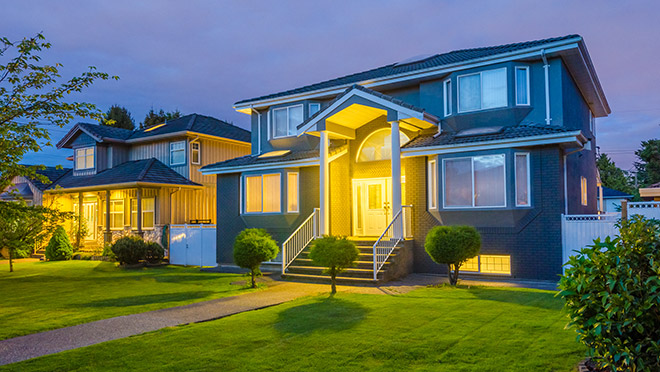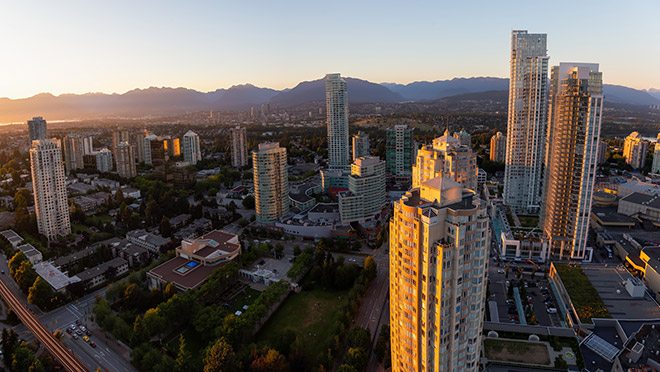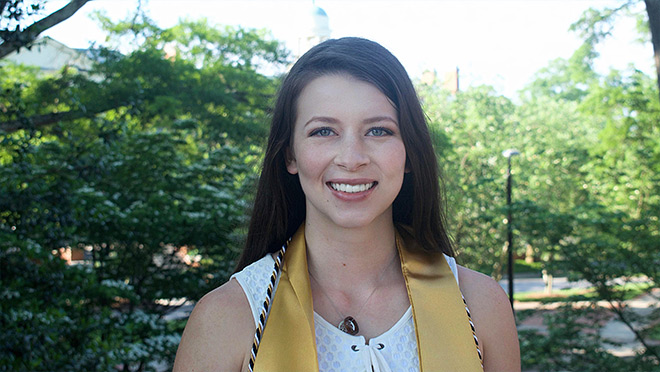March 2022
In this edition:

Vancouver council to consider clean home heating and hot water
The City of Vancouver recently wrapped up engagement on its Climate Emergency: Home Heating and Cooling program. The program proposes regulating the carbon emissions of existing detached homes in the city, and would require new space and water heating equipment – i.e. furnaces and hot water tanks – to be more energy efficient, and or use zero-emissions energy, such as electricity when they burn out and need replacing.
For larger detached houses, the proposed regulation will begin first and require the use of all-renewable energy in both hot water tanks and heating equipment, such as electric heat pumps.
The proposed regulation and recommendations will be brought to city council for consideration in May 2022 and if approved, would come into effect in 2024. This work supports Vancouver's Climate Emergency Action Plan objective of cutting its carbon pollution in half by 2030.
And speaking of heat pumps, the City has created a mobile exhibit that will tour community centres between now and the end of the summer. They are also offering home energy coaching through City of Vancouver Offers – Bring It Home.

Making apartments, workplaces, and fleet parking ready for EVs
Community Energy Manager Program alum Brendan McEwen has authored Making Parking EV Ready [PDF] a position paper published by Electric Mobility Canada.
The national industry association is urging governments to adopt new construction requirements that would make 100% of residential parking and 20 to 40% of new non-residential parking to be EV Ready. Numerous B.C. municipalities and the City of Toronto have already adopted these requirements. The position paper outlines how EV energy management systems allow building owners and stratas to do so cost-effectively.
McEwen is the Director of Electric Mobility and Low Carbon Strategies with AES Engineering. Previously, as Sustainability Manager at the City of Richmond (and a member of the Community Energy Manager Network), he led development of North America's first 100% EV Ready requirements. As a consultant, he designed the CleanBC EV Ready Rebate Program, a first-of-its-kind program that supports comprehensive 100% EV Ready retrofits for multi-family residential buildings.

Building Benchmark BC program shows impressive growth
The Building Benchmark BC's Year Two Annual Report [PDF] logs an increase in participation by both local government partners and property owners who are voluntarily participating in the program.
Building Benchmark BC is a local and regional government-led initiative working to inform and inspire public and private sector leadership on built-environment climate change solutions. The 16 participating jurisdictions seek to better understand the role of building energy benchmarking and disclosure within a larger suite of climate regulations, policies, and incentives.
Building performance benchmarking is the process of collecting and monitoring energy and greenhouse gas emissions data from a large number of buildings over time. This allows owners, managers, occupants, and jurisdictions to compare the performance of similar participating properties. With this data in hand, property owners, policy makers, incentive designers, and capital providers can funnel resources towards the best interventions, in the right buildings, to achieve the highest climate benefit.
Total buildings registered in the program more than doubled over the first year, while registered floorspace increased 70%. Further, 16 jurisdictions now partner with the program, which has expanded to cities in the B.C. Interior, including Kamloops.
Interested local governments can join the program for Year 3 by visiting buildingbenchmarkbc.ca.

Hot water case study finds electricity competitive with natural gas
All-electric household hot water options remain comparable or cheaper to operate than natural gas over a 25-year period when accounting for equipment purchases, operating costs and maintenance costs. That's the conclusion of Residential Hot Water Electrification, a new City Green Solutions case study published by B2E – the Building to Electrification Coalition.
According to the analysis, second only to space heating, water heating uses the most energy in the home. Currently, water heating accounts for about 23% of total household energy usage in B.C.
Although 98% of the province's electricity is produced from clean hydroelectric generation, about 66% of homes in the province heat their water with natural gas, rather than electricity.
Natural gas hot water heaters are a significant contributor to climate change, emitting over one-tonne of greenhouse gas (GHG) emissions per home annually.
Thankfully, the process of switching from gas tank or tankless type water heating systems to electric water heating systems is one of the easiest, most practical and most cost-effective upgrades a homeowner can do to reduce their household GHG emissions.

Say "hello" to Claire Ewing at Metro Vancouver
Claire Ewing recently joined Metro Vancouver's Air Quality and Climate Change Department as a Senior Policy and Planning Analyst. She's contributing to the development and implementation of Metro Vancouver's Climate 2050 Strategy, with a particular focus on greenhouse gas reductions for buildings, transportation, and industry.
Claire is a recent Master of Science graduate of the University of British Columbia, where she studied at the Institute of Resources, Environment, and Sustainability. Our Sustainable Communities team is pleased to be providing partial funding for her new gig.